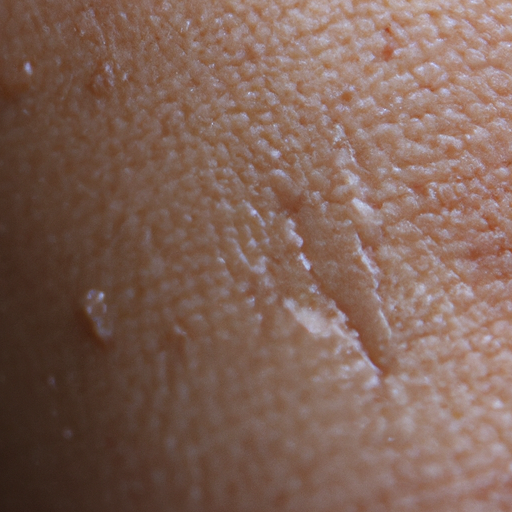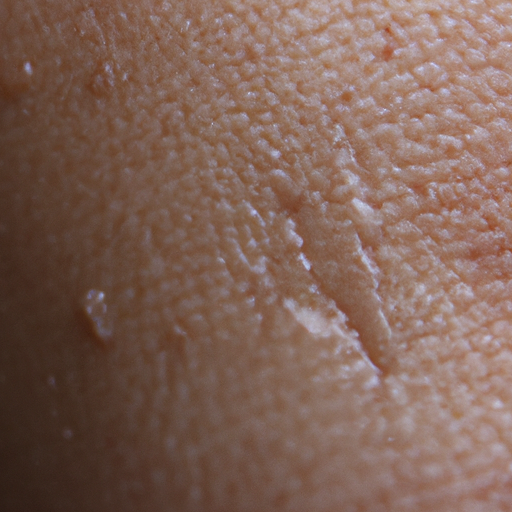As a medical professional, I often encounter patients who struggle with oily skin. This common condition can lead to discomfort, acne, and self-consciousness. However, with the right approach, it is possible to manage oily skin effectively. Here are seven essential tips to help you combat oily skin and banish that unwanted shine.
1. Choose the Right Cleanser: The first step in managing oily skin is using a suitable cleanser. Look for oil-free, non-comedogenic products that won’t clog your pores. A gentle, water-soluble cleanser can help remove excess oil without stripping your skin of its natural moisture. Avoid harsh soaps or alcohol-based products as they can over-dry your skin, leading to increased oil production.
2. Exfoliate Regularly: Exfoliation helps remove dead skin cells that can clog pores and contribute to oiliness and acne. However, it’s important not to overdo it. Over-exfoliation can irritate your skin and stimulate more oil production. Aim to exfoliate once or twice a week with a gentle, non-abrasive product.
3. Use a Toner: A good toner can help remove any residual oil or dirt left after cleansing. Look for alcohol-free toners with ingredients like witch hazel or green tea, which can help control oil without drying out your skin.
4. Moisturize Daily: It might seem counterintuitive to moisturize oily skin, but it’s a crucial step in balancing your skin’s oil production. When your skin is dehydrated, it can overcompensate by producing more oil. Choose a lightweight, oil-free moisturizer to keep your skin hydrated without adding extra shine.
5. Wear Sunscreen: Sun exposure can trigger more oil production and lead to breakouts. Protect your skin by wearing a broad-spectrum sunscreen with an SPF of at least 30 every day. Opt for oil-free, non-comedogenic sunscreens that won’t clog your pores.
6. Eat a Balanced Diet: Your diet can have a significant impact on your skin’s health. Consuming too much oily or processed food can exacerbate oily skin. Aim for a balanced diet rich in fruits, vegetables, lean proteins, and whole grains. Foods high in vitamins A and E, zinc, and antioxidants can help regulate oil production and promote healthier skin.
7. Stay Hydrated: Drinking plenty of water can help maintain your skin’s moisture balance and reduce oiliness. Aim for at least eight glasses of water a day to keep your skin hydrated from the inside out.
Remember, everyone’s skin is unique, and what works for one person may not work for another. It may take some trial and error to find the right routine for your skin. If you’re struggling with oily skin and it’s affecting your self-esteem or causing persistent acne, it’s worth seeking professional help. A dermatologist can provide personalized advice and treatment options based on your specific skin type and concerns.
In conclusion, managing oily skin requires a combination of the right skincare products, a balanced diet, adequate hydration, and sun protection. By following these seven essential tips, you can help control oil production, prevent breakouts, and achieve healthier, more balanced skin. Banish the shine and embrace your natural glow!




